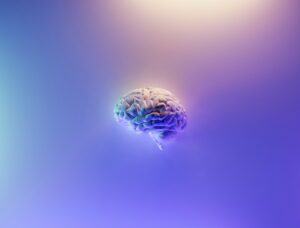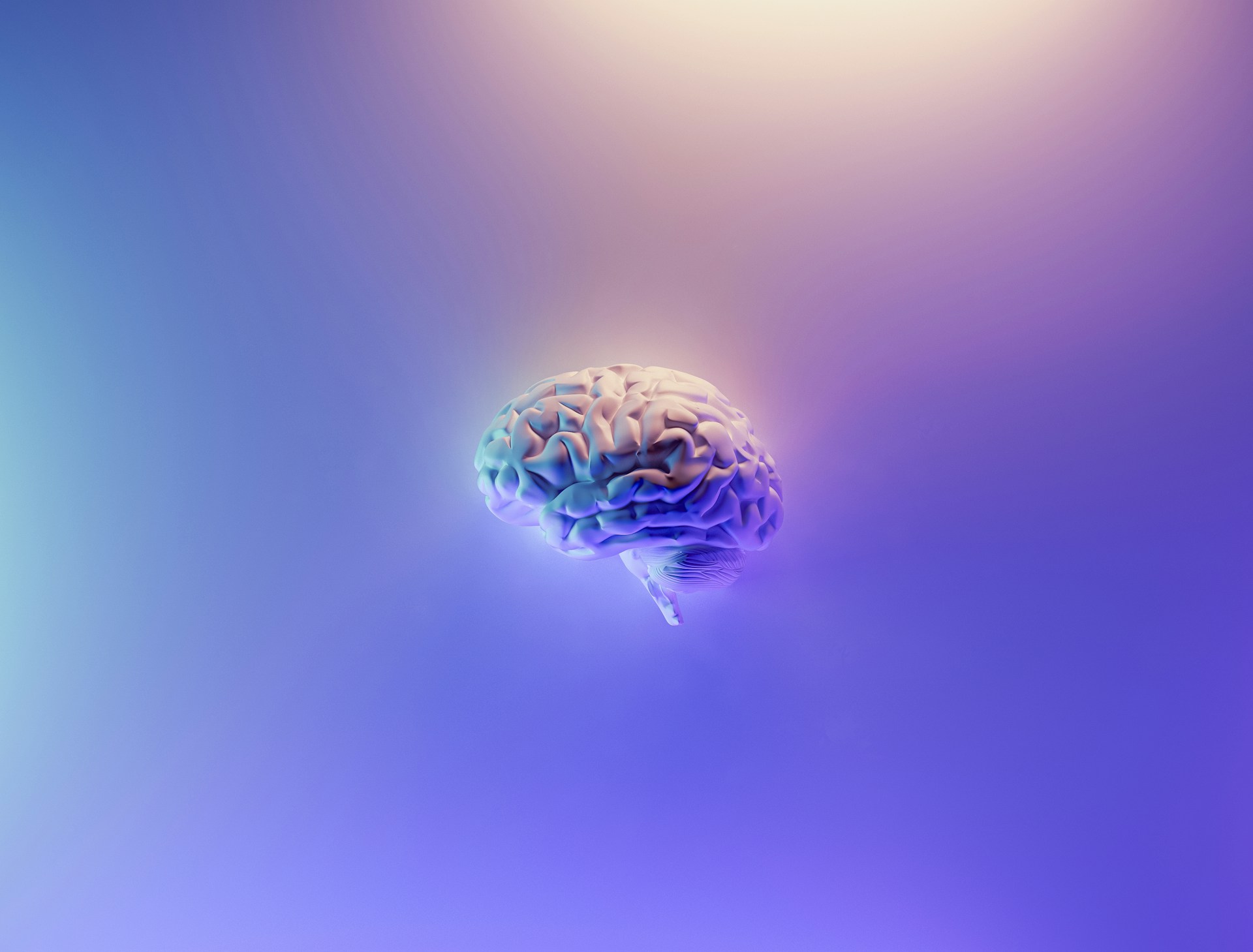Antioxidants Protect the Health and Function of The Brain!
In today’s article, we will talk about the effect of antioxidants on brain health and function. We will look at why and how they have a protective effect on the brain and reduce the risk of cognitive disorders.
What exactly are antioxidants?
At any moment, a huge number of metabolic processes are taking place in the body through which food is converted into energy. In these processes, free radical molecules are created as “by-products” or also called metabolic waste.
The negative effects of free radicals are associated with cardiovascular and malignant diseases, arthritis, accelerated aging, etc.
Antioxidants are a type of “hunters”, i.e. neutralizers of free radicals. In fact, they achieve this neutralizing action by donating electrons to free radicals. Thus, the previously highly reactive molecules no longer have the “power” to react and damage the molecules in their environment – that is, they become stable molecules.
Antioxidants are molecules that are synthesized to a certain extent in the body (glutathione, ubiquinol, uric acid, certain enzymes, etc.), but we need to ingest them through a healthy and varied diet.
During childhood, the body produces the most antioxidants, and their levels decrease with age, so the need for greater intake through the diet also increases.

How do antioxidants preserve brain health and function? Can they prevent cognitive “decline” or similar cognitive disorders?
Antioxidants are thought to play an important and powerful role in the prevention of so-called cognitive “decline” or the natural weakening of cognitive health, but also support overall brain health by mitigating oxidative stress – a condition characterized by an imbalance between free radicals and antioxidants in the body.
Free radicals, which are unstable molecules produced during normal metabolic processes and environmental exposure (such as pollution and UV radiation), can cause damage to cells, proteins, and DNA.
The brain is particularly vulnerable to oxidative damage due to its high oxygen consumption, its lipid-rich structure, and its abundance of iron, which can catalyze the formation of free radicals.
Antioxidants, such as vitamins C and E, flavonoids, carotenoids, and polyphenols, neutralize free radicals, thereby reducing oxidative stress and preventing neuronal damage.
Research shows that foods rich in antioxidants, especially those rich in flavonoids (such as berries, green tea, and dark chocolate), are associated with lower and slower rates of cognitive decline and improved memory.
Additionally, antioxidant compounds can promote neurogenesis (the creation of new neurons) and synaptic plasticity, which are essential for learning and memory. The anti-inflammatory properties of certain antioxidants also contribute to brain health, as chronic inflammation is strongly associated with neurodegenerative diseases such as Alzheimer’s and Parkinson’s.
Therefore, even though they are not considered a classic nutrient and you will not find them on any nutritional chart, antioxidants still have a strong, central role in the daily diet. By eating foods rich in antioxidants, we contribute to better protection of the health and function of all organs, including the brain.














Post Comment